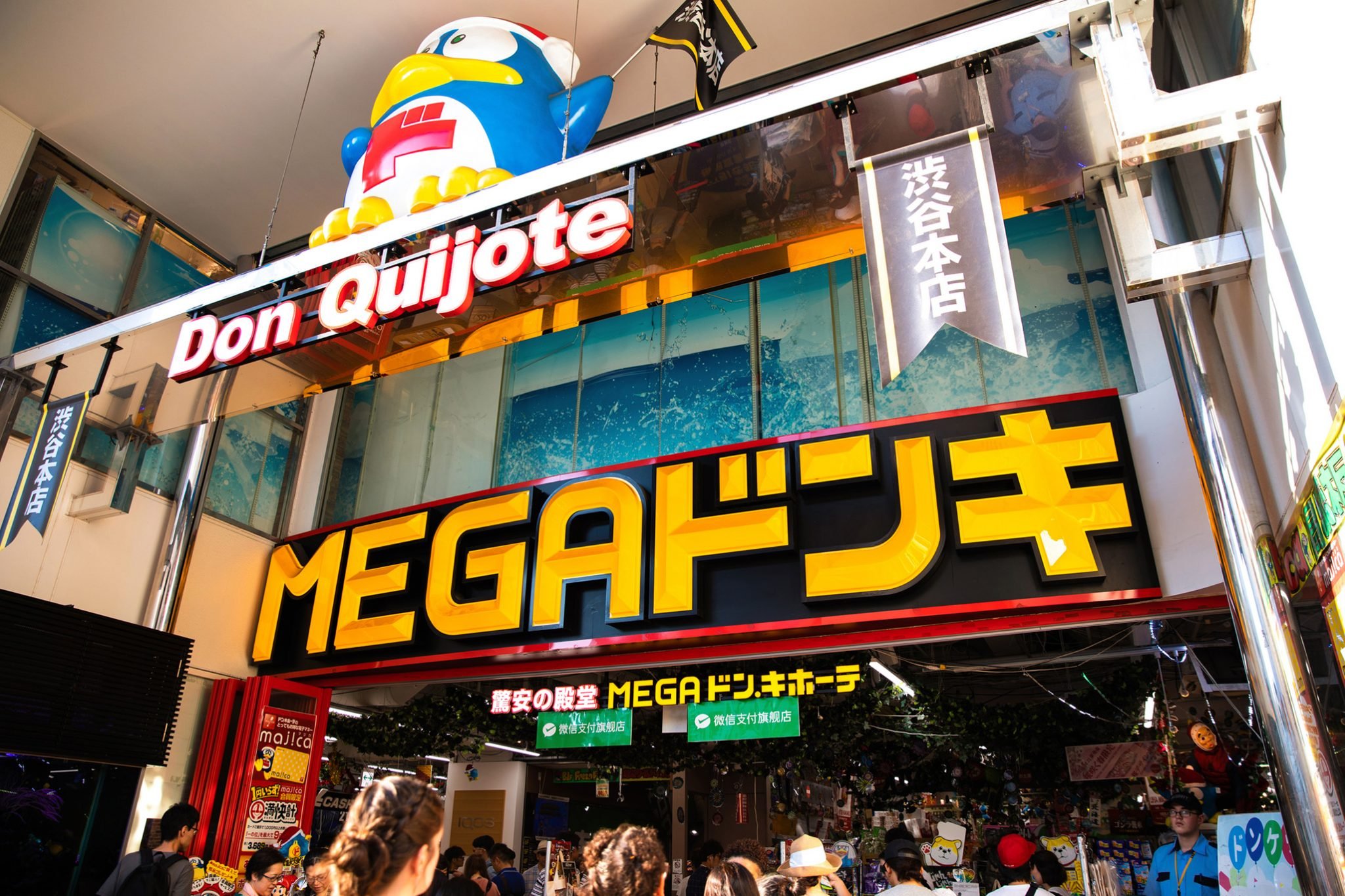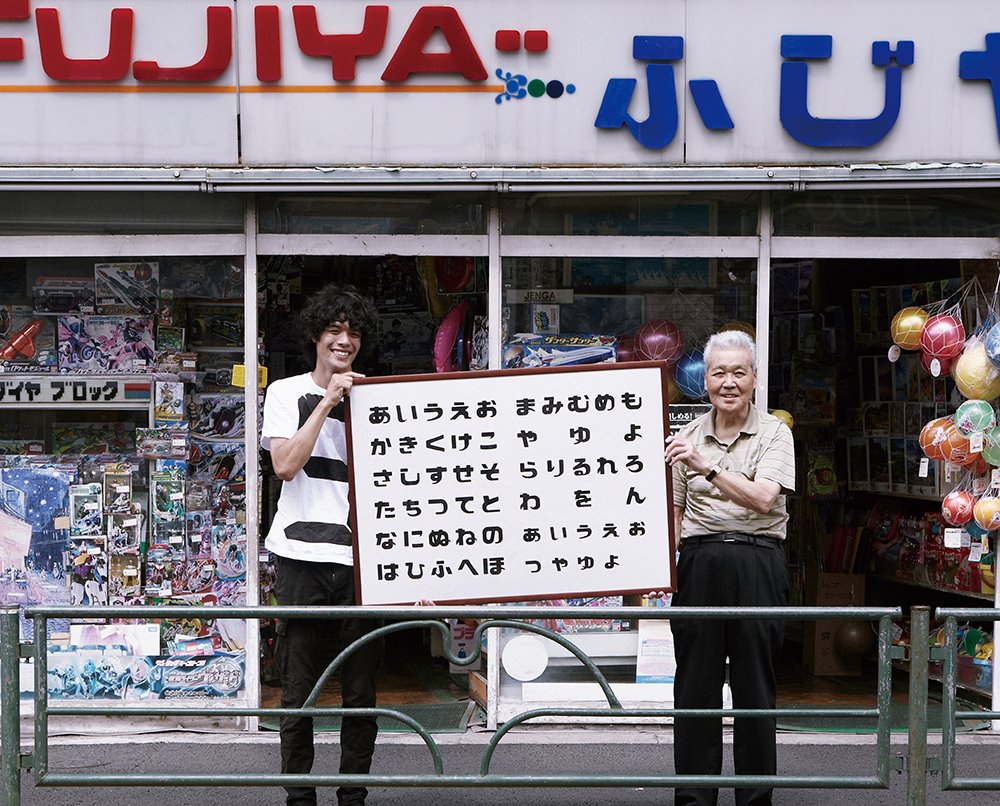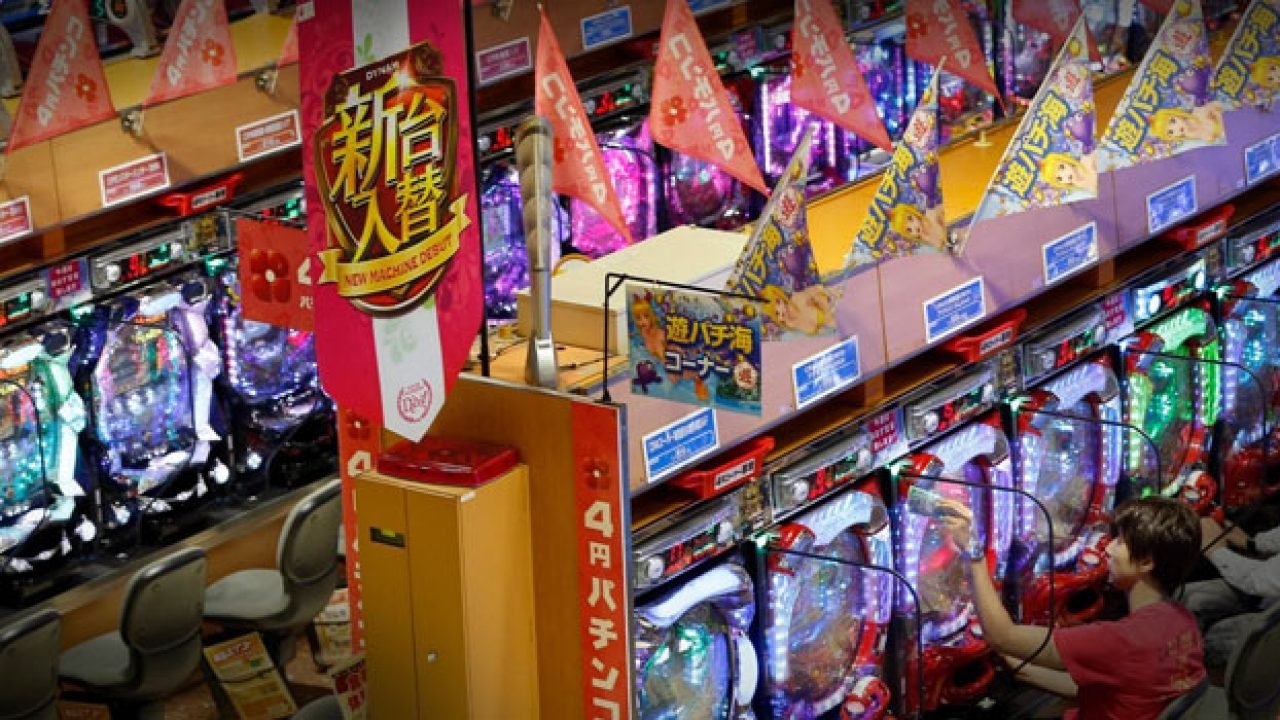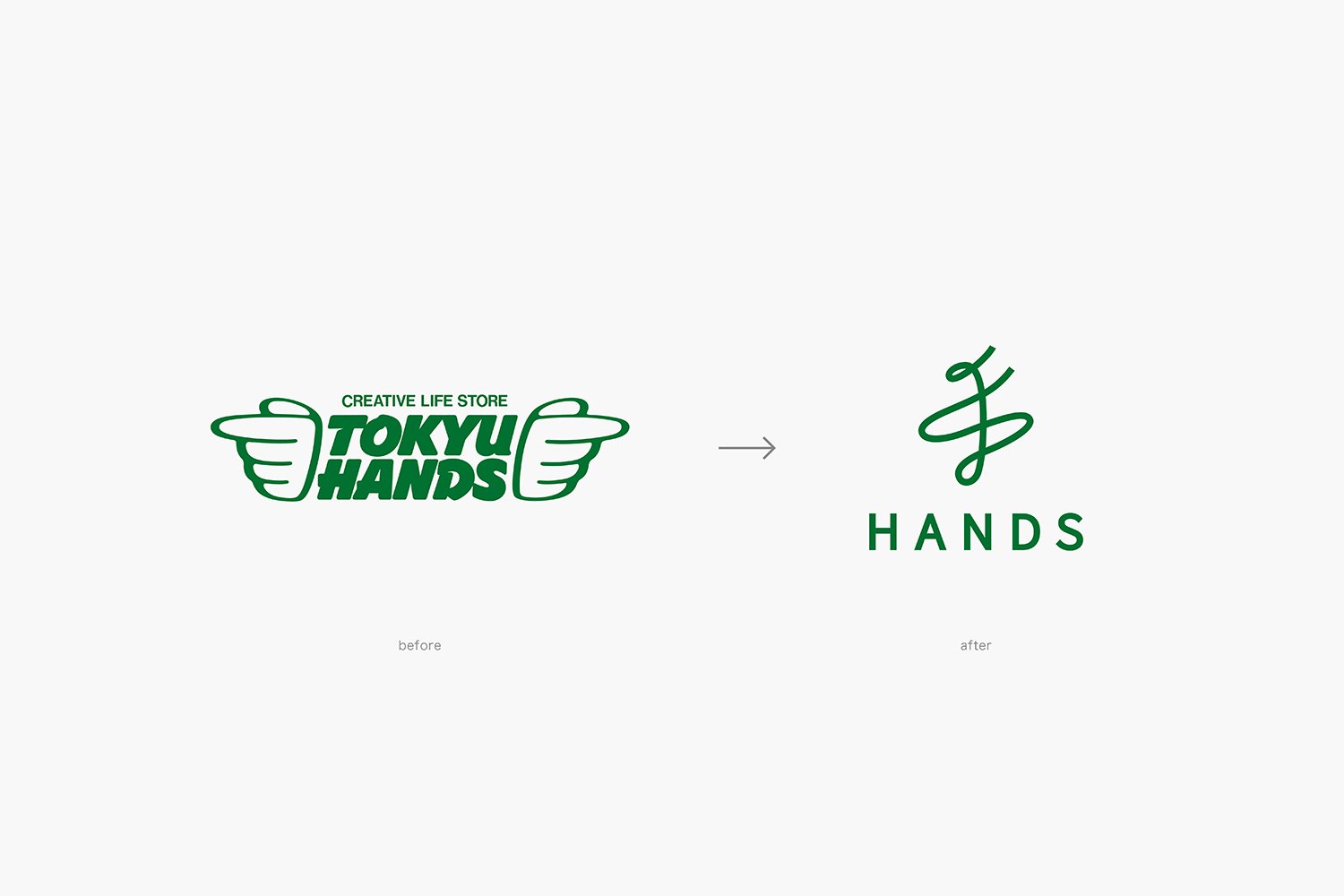The Japanese Maze Even Icarus Could Not Escape From – The Insanity Of Don Quijote

When you go to Japan, there’s no way you’ll leave without a trip to one of the most insane discount stores in the world: Don Quijote, also known as Don Don Donki, or simply Donki.
As soon as you enter the maze of cute products ranging from sweets, drinks, and toys, to mismatched clothing, electronics, and even bikes, you are caught in the universe of the megastore and its little penguin mascot, along with its catchy theme song.
Don Quijote was founded in 1980 by Takao Yasuda and had its first shop in Suginami, Tokyo. While beginning as a retail store under the name Just Co., it quickly changed to wholesale in 1982. While normal Japanese retail was built on the concept of saving time, Yasuda states that Donki equals a “treasure hunt” where shoppers can find something new every time they enter the store, as there are so many goods sold that one won’t be able to look at all of them. In numbers, Donki claims to stock over 45 000 products. So, when you decide to enter a Donki – or even a Mega Donki – make sure you’re not bound by time limitations.
As the main stores are open 24/7/365, and the smallest suburban branches are open until 3 am, you might also be aware of Donki drunk shopping and leaving the store with stuff you didn’t even know you needed.
However, visiting a Donki is more than a shopping experience. In the Akihabara branch, J-Pop girl group AKB48 opened a theatre in 2005 with daily performances. One store in Osaka features a Ferris wheel, and there were ideas of opening a rollercoaster on top of the store in Roppongi [plans were stopped after the neighbors weren’t happy with the idea of having a rollercoaster over their heads].
The franchise got its name from the literary character Don Quixote in Miguel de Cervantes Saavedra’s famous novel The Ingenious Gentleman Don Quixote of La Mancha. Like the protagonist, Donki embodies its values of defying unfair restrictions and regularity while bravely and aggressively offering challenges to the conventional retail industry.





